The large estate, established in 1997 by Anne’s father, Jean Bousquet, has become one of the most sustainable in the world.
It recycles 96.8% of its waste, is on target to become carbon neutral by 2030, and produces a certified organic, no-sulphites-added range of wines.
But what sets it apart from most wine producers is its holistic view of sustainability. The owners and their team understand that true sustainability extends beyond environmental practices to include social and economic factors – creating a sustainable ecosystem that benefits both the land and the people of the Tupungato region in Mendoza’s Uco Valley.
Domaine Bousquet has been 100% certified organic since its first vintage in 2005 and is the number one exporter of organic wine from Argentina. Half its vineyards are farmed biodynamically, too, and are certified by Demeter. The goal is to be fully biodynamic in several years.
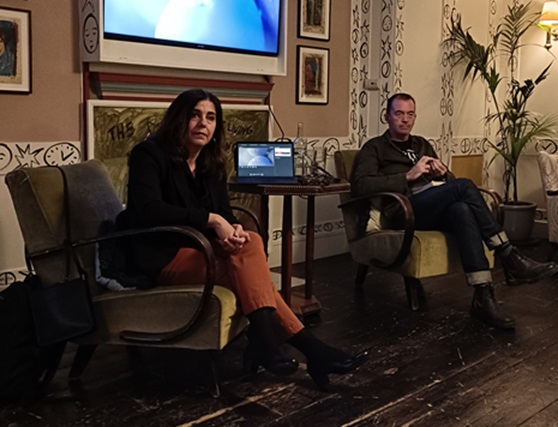
Accountability through third-party certification is part of their strategy. In London recently, Anne explained to IWC co-chair Dr Jamie Goode why certification and transparency are so important to the brand. Anne also outlined the estate’s key sustainable practices and their plans to be even more sustainable.
On certifications
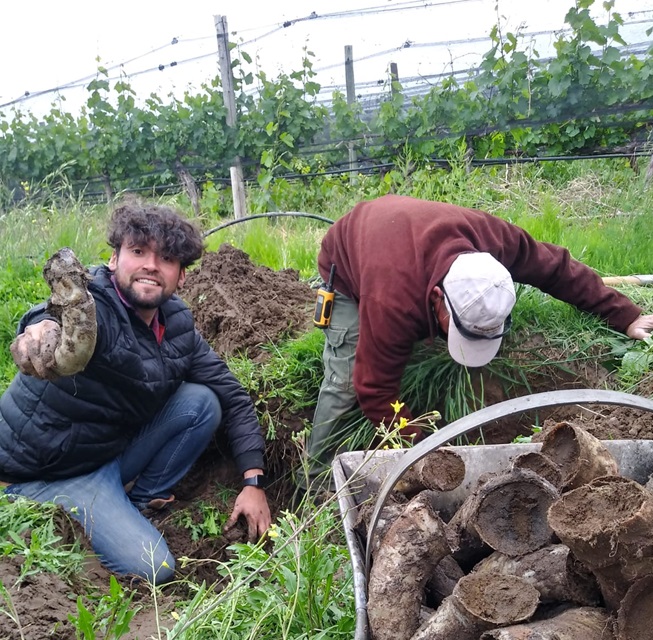
The winery’s multiple certifications (Ecocert, Regenerative Organic, Demeter, Fairtrade and B Corp) demonstrate their commitment to meeting and exceeding industry standards for sustainability.
Domaine Bousquet has been organic from the start – since the vines were planted in virgin soil, at high-altitude in the arid Gualtallary region in 1998. It has gained biodynamic and regenerative certificates in recent years in search of “a better way” than organic.
Anne commented: “We think certificates are important to guarantee our customers and the consumers of our wines that what we say we do, we actually do. But also internally – certification obliges our team to keep up with the standards of quality and consistency of a certification and it’s a good tool to manage the company.”
Jamie wondered if there is a market advantage to being “certification junkies”?
“We do it by conviction,” Anne replied, adding there is only a commercial advantage in accessing the Nordic countries’ and Canadian provinces’ monopoly systems.
On sustainability
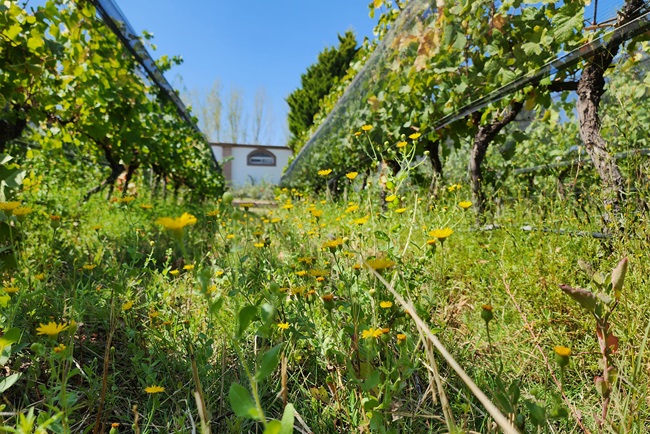
Domaine Bousquet’s inaugural Sustainability Impact Report highlights:
- The goal of reducing greenhouse gas emissions every year with the objective of becoming carbon neutral by 2030.
- Its pioneering of lightweight glass in Argentina since 2007. Currently, over 71% of all Domaine Bousquet wines are packaged in lightweight (420g and under) bottles. Further carbon reductions have been brought about via in-market bottling in the US, UK, and Europe.
- No vineyard tilling “because it breaks the soil and the good things in the soil escape”, Anne explained. No tilling also helps with water retention and protects captured carbon from being released into the atmosphere.
- Domaine Bousquet, which has 212 ha of vineyards of its own and sources organic grapes from another 300ha in the Uco Valley, helped convert more than 800ha of partner vineyards to organic cultivation, offering both practical training and financial assistance.
- Grape suppliers receive a partial, advance payment of at least 30% of the grape price for the previous year, fostering economic stability. 75% have been supplying the winery for more than five years.
- Ensuring labour rights, fair wages, and equitable economic distribution are also critical considerations for Domaine Bousquet. “The community is part of us,” Anne said.
- 70% of its 180 employees are local – including all harvest pickers! Social sustainability, Anne said, “is very important – it’s a pillar of a thriving ecosystem”.
- A programme in partnership with Tupungato municipality – called Enlazados – offers job training to those unemployed and without benefits.
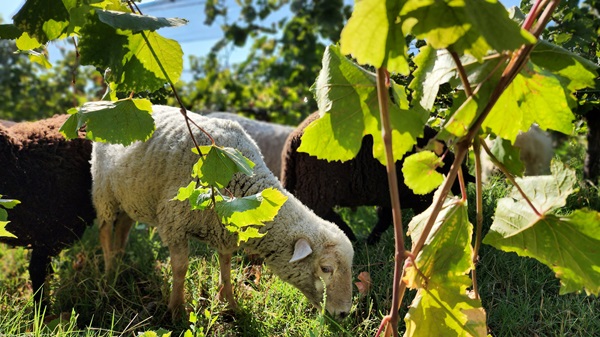
On farming practices
Domaine Bousquet has been 100% organic from the outset. On top of that, 50% of the vineyards are also farmed biodynamically and they are aiming for 100% over the coming years. Two wines – Ameri and Gaia – were awarded Demeter status in 2022.“It’s important to think through what sustainability means,” Anne continued. “To be able to look at the long-term – that’s what sustainability means.”
It’s why they pay so much attention to getting the soil “as healthy as possible” and increasing biodiversity.
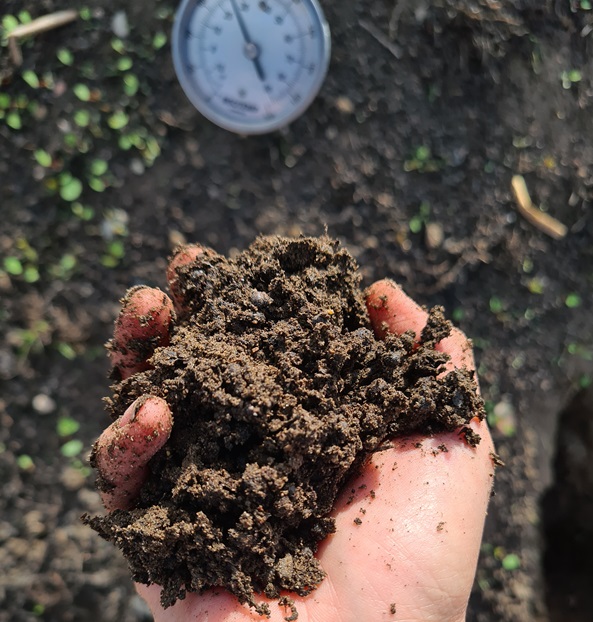
They add life to the soil by composting. All organic waste from the winery and restaurant is mixed with animal manure and converted to compost. The compost is used for soil regeneration and carbon sequestration. Animals include chickens, ducks, peregrine falcons, and sheep.
On transparency
The Sustainability Impact Report was prepared in consultation with the Terra Institute in Italy. Updates to this report will be issued annually – on Earth Day every April – in keeping with the winery’s commitment to transparency and accountability.“The report is… a reflection of our company culture, which is to be 100% transparent with our consumers and suppliers. We also hope to inspire: Take our report as a model and practical guide to move the sustainability needle,” Anne commented regarding the rationale for making the report public.
Internally, they see it as “instrumental in sharpening our focus, helping us define and streamline our long-term goals and the practical steps to reach them”.
The report shows “where they are now”. Anne continued: “Some (of the numbers) we are not very happy about – yes, we could consume less water, we can improve that. But you can’t start improving if you’re not measuring.”
The comprehensive report covers internal operations and collaborations throughout the supply chain, coordination with suppliers on issues ranging from packaging and transport to agricultural inputs, plus engagement with retailers and consumers for a more complete understanding of the impact and lifecycle of Domaine Bousquet wines.
“If we stop at the bottle then we’re missing half of the picture,” Anne pointed out.
On the future
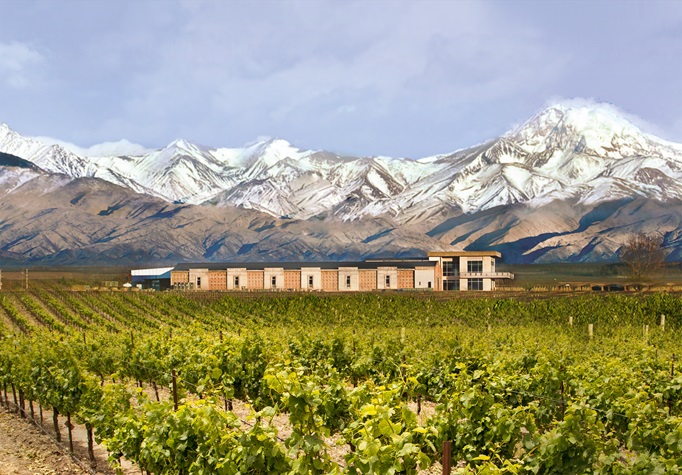
The report also details short-, mid- and long-term goals, with strategies to achieve them and evaluation tools to measure success.
Short term goals include:
- Conduct biodiversity census, including plants and grasses, invertebrates, birds, mammals;
- Soil and vine nutrient analysis;
- Improve salaries in response to inflation in Argentina;
- Measuring water retention capacity in soils.
Medium-term goals include:
- Soil microbiology DNA study;
- Measure the effect of regenerative practices by comparing the health and nutrients in native and regeneratively farmed soils;
- Adapt winemaking to different types of soils;
- Install biological corridors;
- No more seed purchases, allowing spontaneous greening.
Long-term goals include:
- Becoming a leader and global model, educating and inspiring people around the world;
- Ensure that the families of our farmworkers and third-party farmworkers have access to education.
On the future
Domaine Bousquet, which sold 346,403 cases in 61 countries last year, has some ambitious goals for the coming years:- “Our long-term vision is to be the most admired organic and sustainable winery in the world.”
- “Our goal is for Gualtallary to be 100% organic by the next generation, transforming the landscape of Argentine winemaking. This vision of a sustainable, healthier planet and industry is the inheritance we strive to leave behind.”
They would also like to:
- Implement on-site renewable energy projects;
- Reduce water per litre of wine produced by cleaning barrels with steam, upgrading the water recycling plant and increasing the acreage under drip irrigation (currently 74%);
- Reduce the amount of plastic used and are looking at plastic-free pallet wraps and capsules. “We are also looking into no capsule,” Anne revealed to Canopy. “I think we should go towards no capsule – because why is the capsule there? To make it more beautiful? But it’s beautiful without it.”


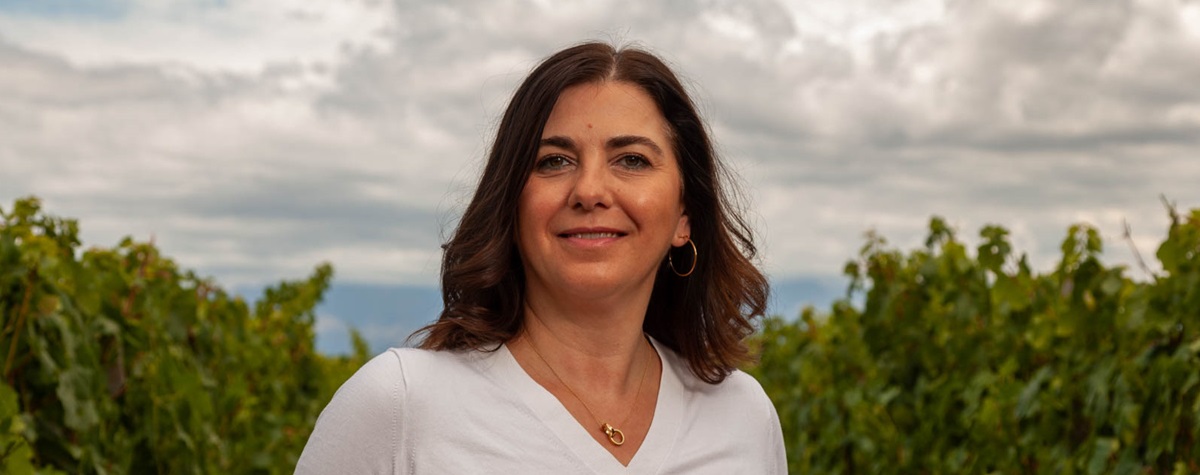










.png)






